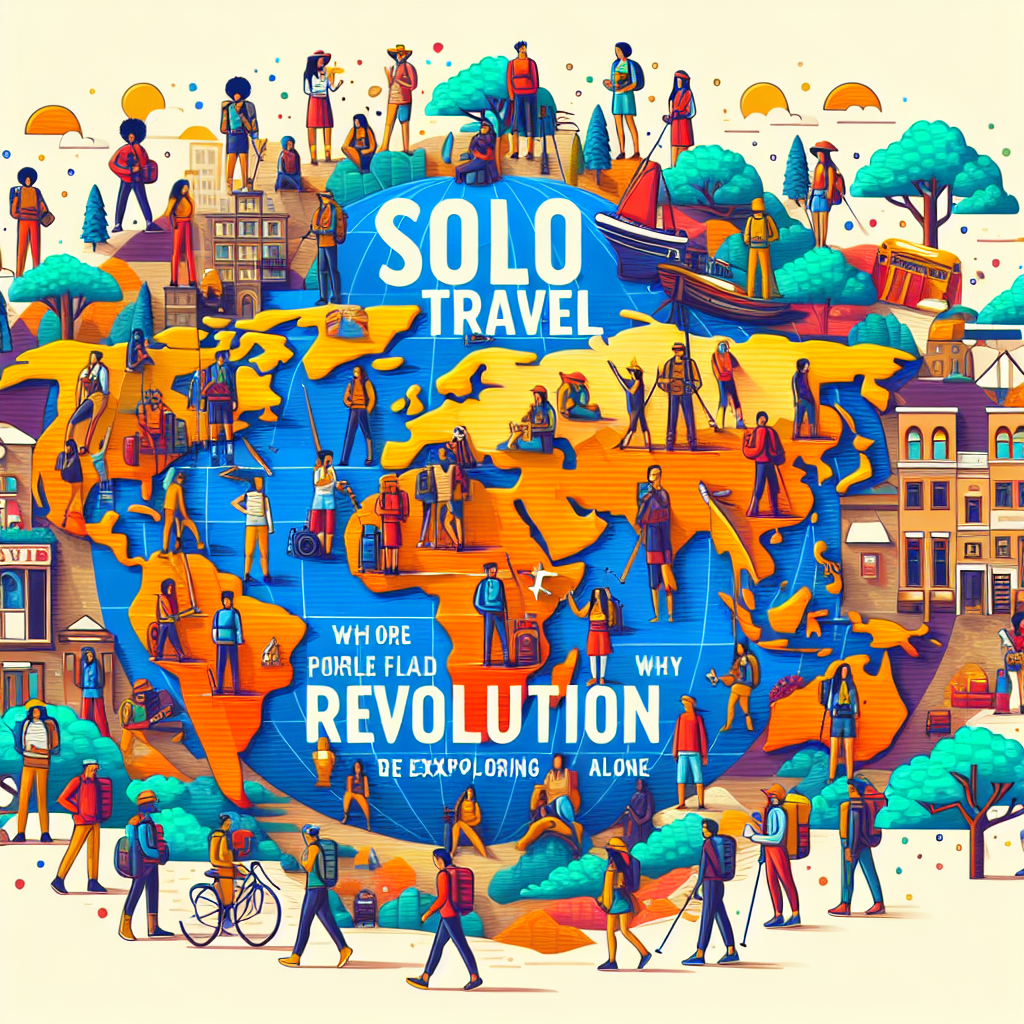Exploring the World on a Shoestring: Mastering the Art of Budget Travel
In today’s fast-paced world, the allure of travel remains a powerful draw, an enticing promise of discovery, relaxation, and adventure. Yet, for many, the dream of exploring new places often seems out of reach due to financial constraints. Enter budget travel—a savior for wanderlust-driven souls with limited means. Contrary to the misconception that budget travel means cutting corners and sacrificing quality, it can be an enriching and authentic way to experience the world. With careful planning, smart choices, and an open mind, anyone can make the most out of their travel experiences without breaking the bank.
Planning and Research: Your Budget Travel Foundation
The cornerstone of successful budget travel lies in meticulous planning and thorough research. Start by determining your travel budget and prioritizing destinations that offer good value. Websites like Skyscanner, Google Flights, and Momondo can help you find great deals on flights, while platforms like Kayak can alert you to price drops and special offers.
Flexibility in your travel dates can significantly reduce costs. Traveling during the off-season or shoulder season can save you money on everything from flights to accommodations, and it often means fewer crowds, allowing for a more immersive experience. Similarly, consider alternative destinations. Instead of Paris, why not explore the beautiful, less-touristed regions of France such as Bordeaux or Alsace?
Finding Affordable Accommodation
One of the larger expenses in any travel budget is accommodation. Thankfully, the rise of the sharing economy and a more connected world have expanded lodging options well beyond traditional hotels. Hostels, for instance, are a budget traveler’s best friend, offering not just a place to sleep but often a community of like-minded travelers.
Short-term rental services like Airbnb and Vrbo can provide more affordable and homely settings compared to hotels. For an even more immersive experience, explore homestays, couchsurfing, or volunteer opportunities like WWOOF (World Wide Opportunities on Organic Farms), where you can trade a few hours of work for lodging and sometimes meals.
Eating on a Dime
Food can be both a delight and a budget buster if one isn’t careful. To keep costs low while savoring local flavors, prioritize street food and local markets. Often, these settings provide the most authentic culinary experiences at a fraction of the price you’d pay at tourist-centric restaurants. Cooking your meals, if you have access to a kitchen, is another effective way to save money. Visit local grocery stores and markets, and dare to experiment with local ingredients.
Additionally, many cities offer affordable dining options if you look beyond the main tourist areas. Use apps like Yelp or TripAdvisor to find highly-rated yet budget-friendly restaurants frequented by locals.
Transportation Tips
Getting from point A to point B needn’t be expensive. Public transportation is almost always more cost-effective (and eco-friendly) than taxis or ride-sharing services. Many cities offer day passes or travel cards that offer unlimited travel on buses, trains, and subways for a fixed daily rate.
For intercity travel, consider buses and trains over flights. Services like FlixBus and BlaBlaCar in Europe, or RedCoach and Megabus in North America, offer budget-friendly alternatives to flying. If you do need to rent a car, consider splitting the cost with fellow travelers or using platforms like Turo for more competitive rates.
Save on Sightseeing
Many of the world’s most incredible experiences can be enjoyed on a budget if you know where to look. Free or low-cost attractions such as parks, museums with free entry days, walking tours, and historic sites can provide rich cultural experiences without significant expense.
Furthermore, take advantage of city tourism cards, which often provide discounted or free entry to popular attractions, public transport, and even dining discounts. Examples include the Paris Pass, New York Pass, and Tokyo’s Grutto Pass.
Stay Connected
In today’s digital era, staying connected can help you save money. Use free Wi-Fi available at cafes, hotels, and public spaces. Apps like WhatsApp, Skype, and Google Maps are indispensable tools for staying in touch with loved ones and navigating new locales without the need for costly international phone plans.
Conclusion
Budget travel is more than just a way to save money; it’s a mindset that prioritizes value and experiences over luxury. It encourages deeper cultural immersion, sustainable practices, and a sense of adventure. By adopting the tips above and keeping an open and flexible attitude, you can unlock the treasures of the world without emptying your wallet. Remember, the best stories often come from the most unexpected places, and the journey is as important as the destination. Happy travels!














Leave feedback about this
You must be logged in to post a comment.